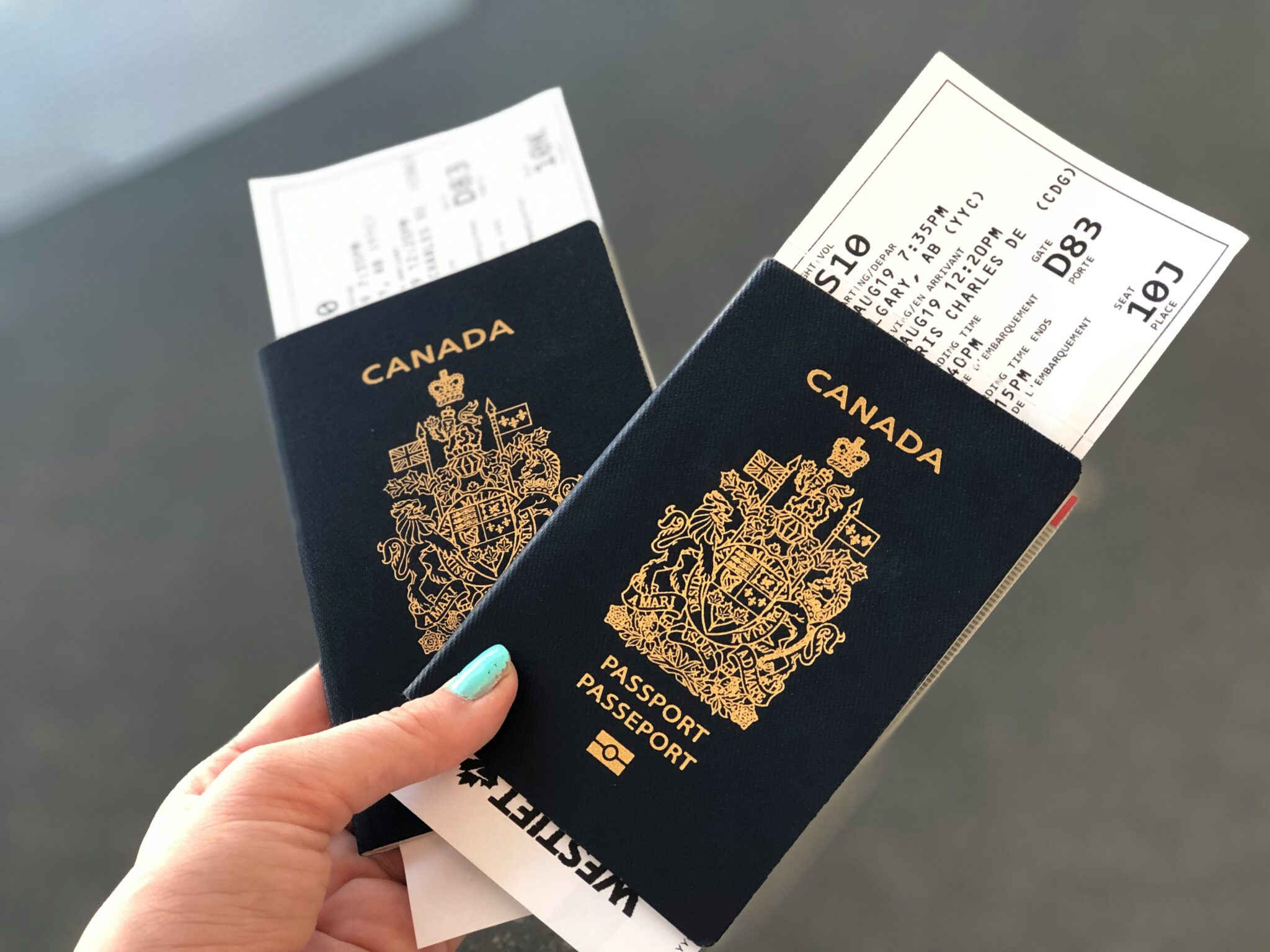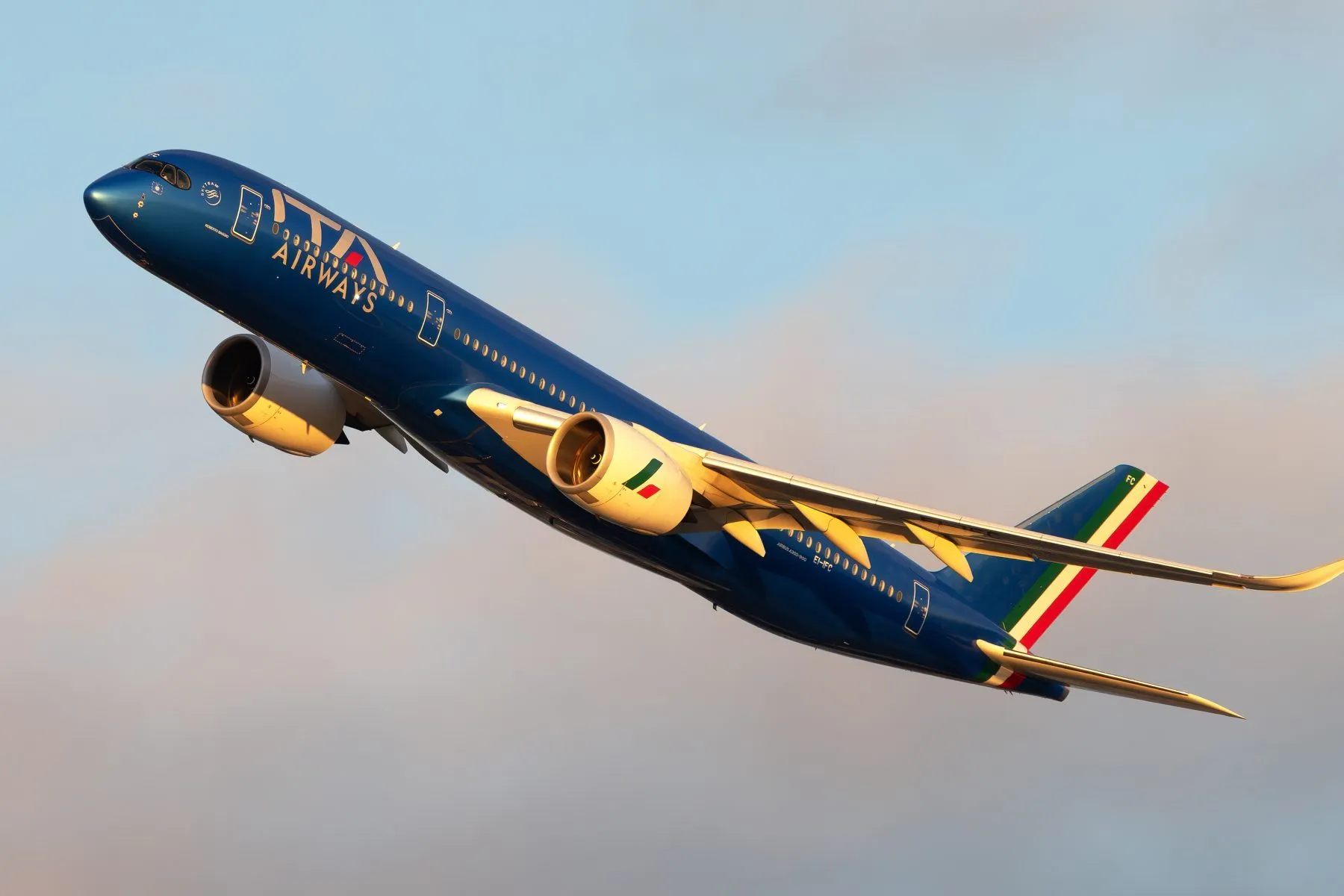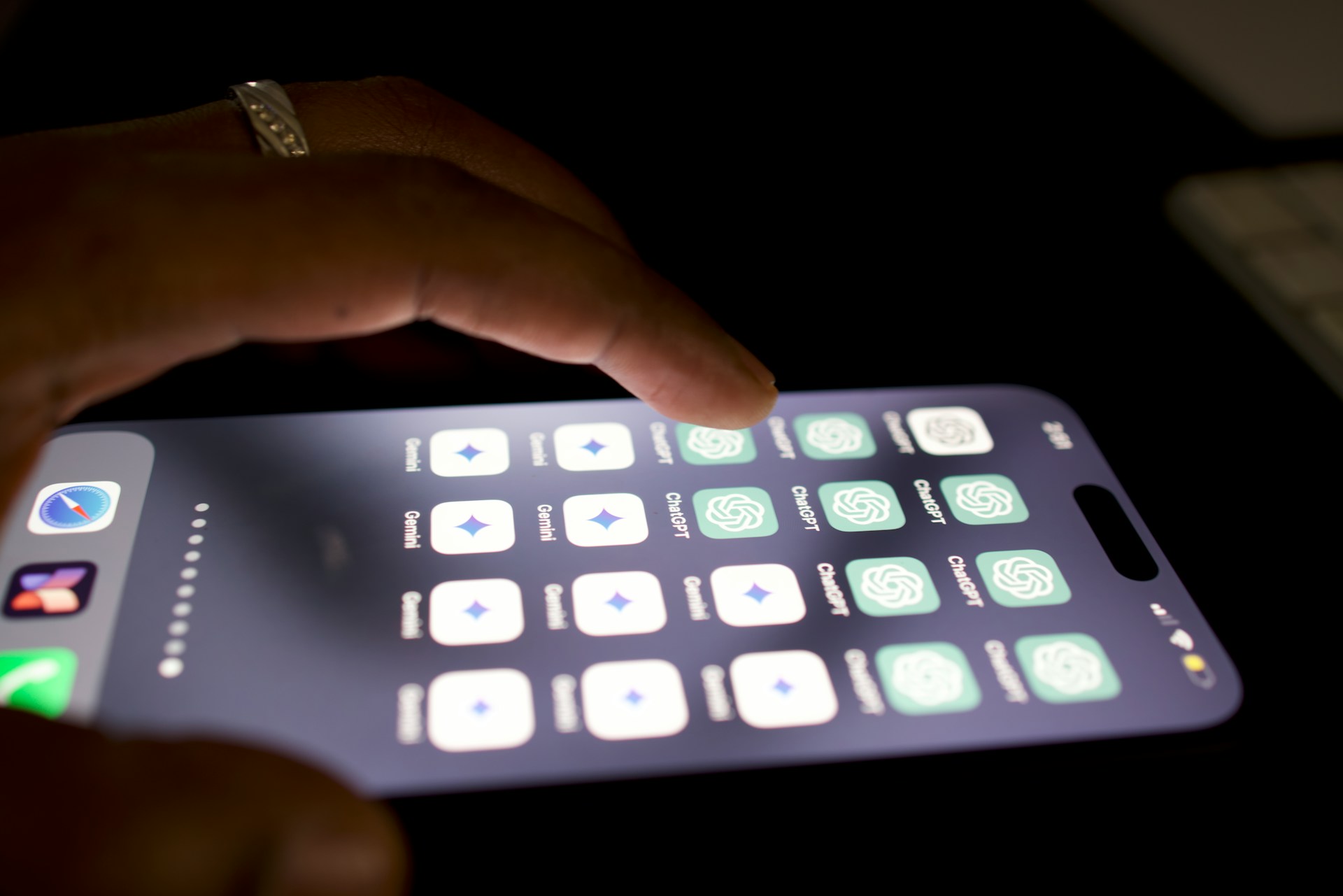Hong Kong Finally Removes Restrictions on Inbound Arrivals Who Test Negative
After a whole lot of "will they, won't they," Hong Kong has finally announced that visitors to the destination would no longer be subject to home monitoring for three days.
Inbound travelers testing negative upon arrival would be allowed to move freely around the city from Wednesday onwards.
The city state has finally ended its much-criticised "0+3" policy where even passengers testing negative are issued an amber code on the LeaveHomeSafe health app and are not allowed to enter restaurants, gyms and beauty parlours during the first three days.
People would also no longer be required to scan QR codes using the health app while entering venues around the city.
"Any measures that we introduce to deal with Covid is based on actual figures, data and risk assessment," Chief Executive John Lee Ka-chiu said on Tuesday.
Cheering the news that comes as relief for all the restaurants, bars, hotels, gyms and offices around Hong Kong, Girish Jhunjhunwala, founder and chief executive of Ovolo Hotels mentioned on social media, "The announcement serves as a definitive step towards the recovery of the local hospitality and tourism industry, and therefore, Hong Kong's economy entirely."
However, arrivals would still need to take a polymerase chain reaction test at the airport and on their third day in the city, and a rapid antigen test for five days.
Last week, while cutting the period for inbound arrivals to take daily rapid antigen tests from seven days to five days, Hong Kong authorities had announced that the outdoor mask mandate and other anti-epidemic measures would continue till December 28.
While the goal is to allow normal cross-border travel as soon as possible, Lee Ka-chiu said that Hong Kong would be clooking at data and the risks involved to decide on its next move.





